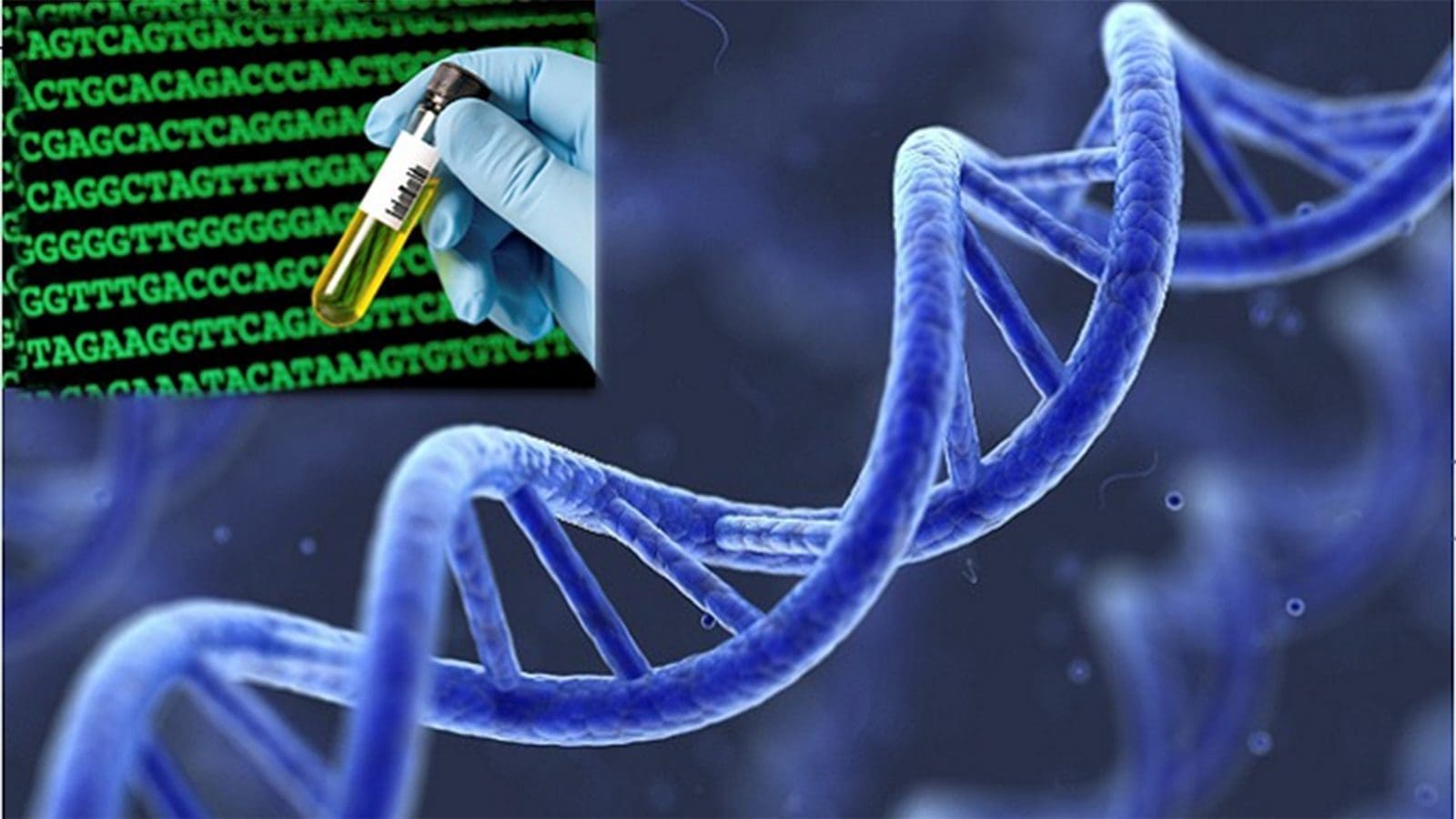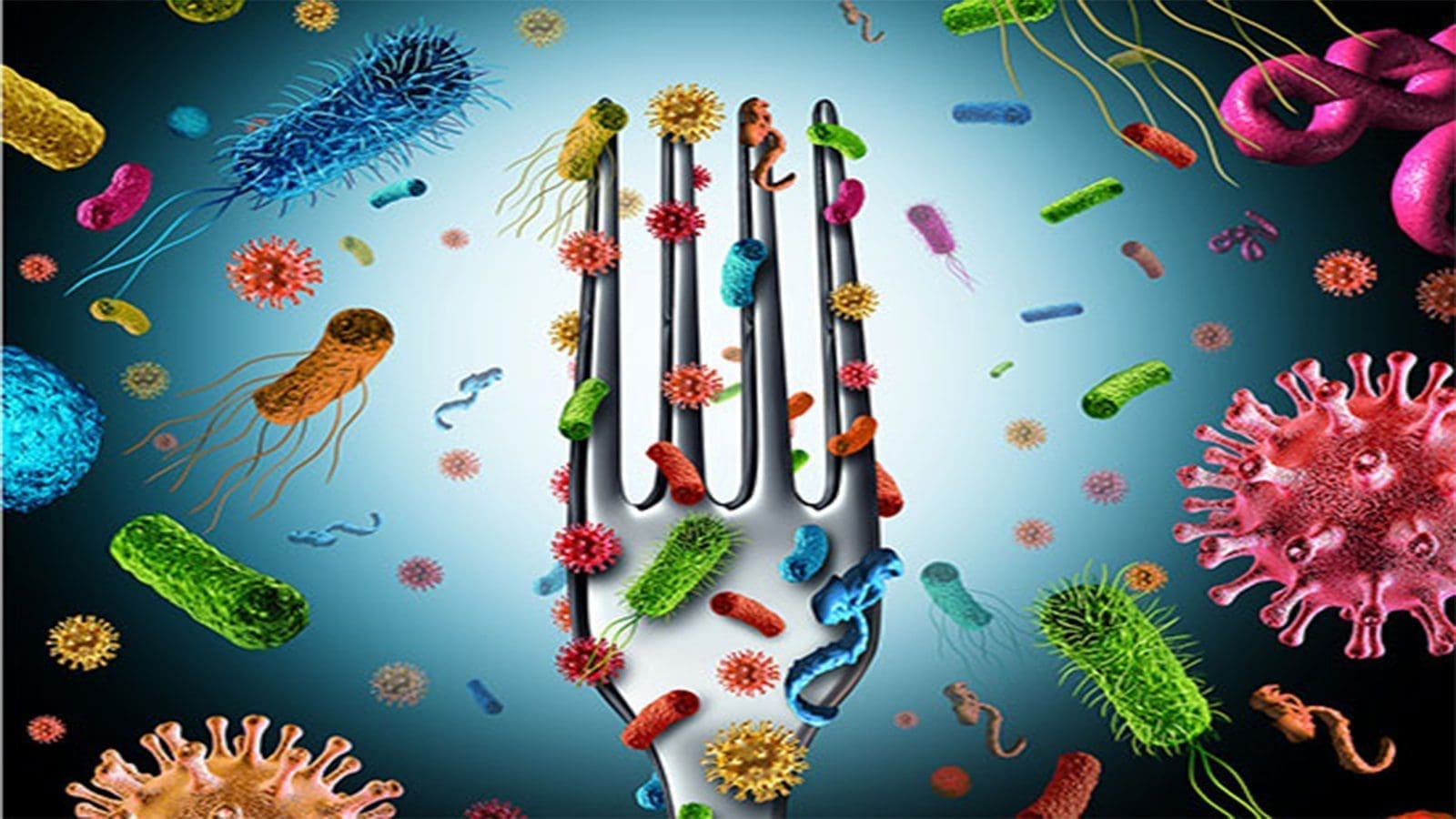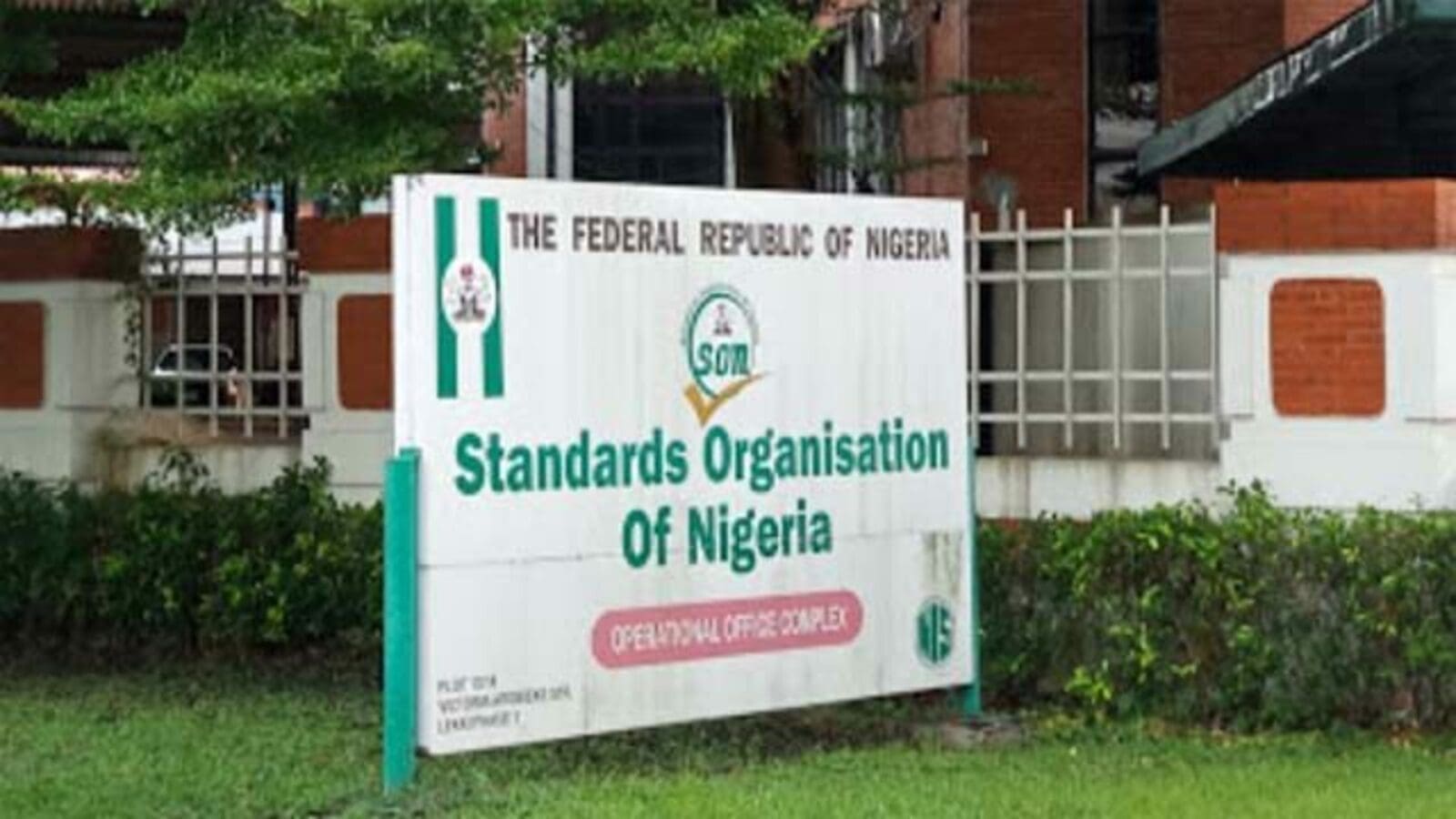AFRICA – The Food and Agriculture Organization (FAO) in collaboration with Noguchi Memorial Institute for Medical Research (NMIMR) and the Technical Institute of Denmark has trained scientists from nine African countries on DNA sequencing technology as a means for rapid detection of foodborne illnesses.
This collaborative effort aims to enhance food safety and combat antimicrobial resistance (AMR) in food, animals, humans, and the environment.
The key to this groundbreaking initiative lies in the utilization of portable DNA sequencing technology. This cutting-edge tool enables rapid identification of disease-causing microorganisms, as well as tracing the origins of infections—a crucial step in understanding and preventing the transmission of diseases.
Notably, this advanced technology is not only highly effective but also more affordable compared to previous methods, making it more accessible across the continent.
The current limitations in diagnostic testing have contributed to a staggering 137,000 deaths annually due to foodborne diseases in Africa.
In light of this alarming statistic, Jeffrey LeJeune, the FAO Food Safety Officer, emphasized the potential of portable DNA sequencing, stating that it could be a game-changer in pathogen detection, characterization, and ultimately, improving food safety throughout the region.
During the meeting, these forward-thinking scientists, referred to as the “ambassadors of innovation,” underwent comprehensive training sessions on laboratory procedures and bioinformatics methods.
Equipped with the knowledge and skills acquired, each participant received their own sequencing device and laptop computer—a unique aspect of this workshop. This provision enables them to apply their newfound expertise immediately upon returning to their respective countries.
The initiative received financial support from the Fleming Fund (United Kingdom), the Government of Australia, and Mars Incorporated, a private sector partner.
The introduction of portable DNA sequencing has the potential to revolutionize pathogen detection, characterization, and food safety across the African continent.
By empowering scientists with the necessary training and equipment, this collaborative effort strives to address the current limitations in diagnostic testing and reduce the devastating impact of foodborne diseases.
With this innovative approach, Africa is taking a significant step towards safeguarding public health and promoting a sustainable future.
Last year, FAO created a platform dubbed the “International Antimicrobial Resistance Monitoring (InFARM) platform” to gather data on AMR in food and agriculture that may help to manage the risks.
It also recently created a glossary of frequently used terms on the subject of antimicrobial resistance (AMR) to better align technical internal communications and materials for external audiences.
For all the latest food safety news from Africa and the World, subscribe to our NEWSLETTER, follow us on Twitter and LinkedIn, like us on Facebook and subscribe to our YouTube channel.








